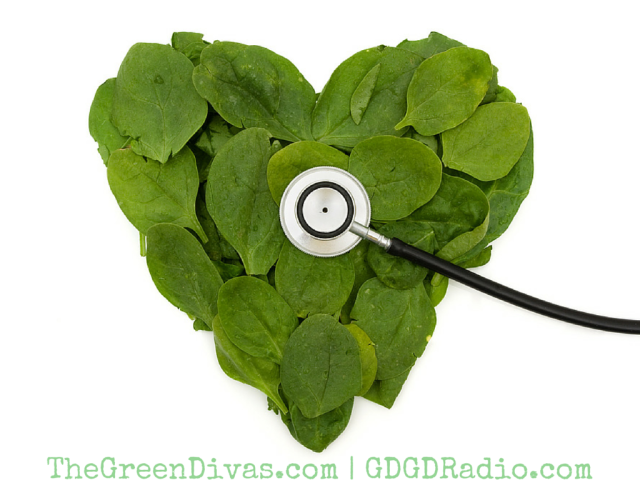
Can upping your intake of heart healthy veggies lower your risk of heart disease?
According to new research recently presented to the American Heart Association (AHA), substituting some of the meat in your diet with vegetables may lower your risk of dying from heart disease and stroke.
What makes these findings even more significant is they come from a large-scale study.
Researchers analyzed the eating and lifestyle habits of over 450,000 Europeans, ages 35 to 70, following them for an average of 12 years. Those whose diets were about 70 percent plant-based—meaning vegetables, fruit, beans, whole grains and nuts—had a significantly lower risk of dying from cardiovascular disease. Their risk was 20 percent lower than people whose diet was the least plant-based (over 50 percent meat, dairy, eggs and fish.)
Lead researcher Camille Lassale, PH.D, an epidemiologist at Imperial College London’s School of Public Health, was careful to say that the findings do not prove that plant-based foods deserve the credit, though her team did account for some of the other potential explanations such as people’s weight, exercise habits and education levels. However, the results are in line with a wealth of other research pointing to the health benefits of eating more plant-based foods.
Instead of drastic avoidance of animal-based foods, substituting some of the meat in your diet with plant-based sources may be a very simple, useful way to lower cardiovascular morality.
She termed a “pro-vegetarian diet” one that doesn’t make absolute recommendations about specific nutrients, but instead focuses on increasing the proportion of plant-based foods relative to animal-based foods to find the right balance.
Rachel Johnson, PH.D., MPH, RD, Professor of Nutrition at the University of Vermont and past chair of the AHA’s Nutrition Committee agreed. “The results are important because they demonstrate that people do not need to follow a total vegetarian diet to lower their risk of cardiovascular disease. Moving toward a more plant-based diet appears to be beneficial without going completely vegetarian.”
The American Heart Association recommends following a heart healthy diet, which could also be described as a pro-vegetarian diet. It is high in fruits, vegetables, whole grains, legumes, beans, and nuts, low-fat dairy, beans, skinless poultry, and fish. It encourages eating foods low in saturated and trans fats and sodium, and limiting added sugars and red meats. Going meatless on Monday seems like a great place to start.
Bonus:
Listen to this Green Divas Foodie-Philes podcast for more on loving your veggies…
Listen to the latest Green Divas Radio Show—and other green and healthy living podcasts—daily on GDGDRadio.com (or get the GDGD Radio app)!
[dynamic-sidebar id=’Custom Widget 2′]
~Asst. Ed. Green Diva Christine | Top image via Shutterstock